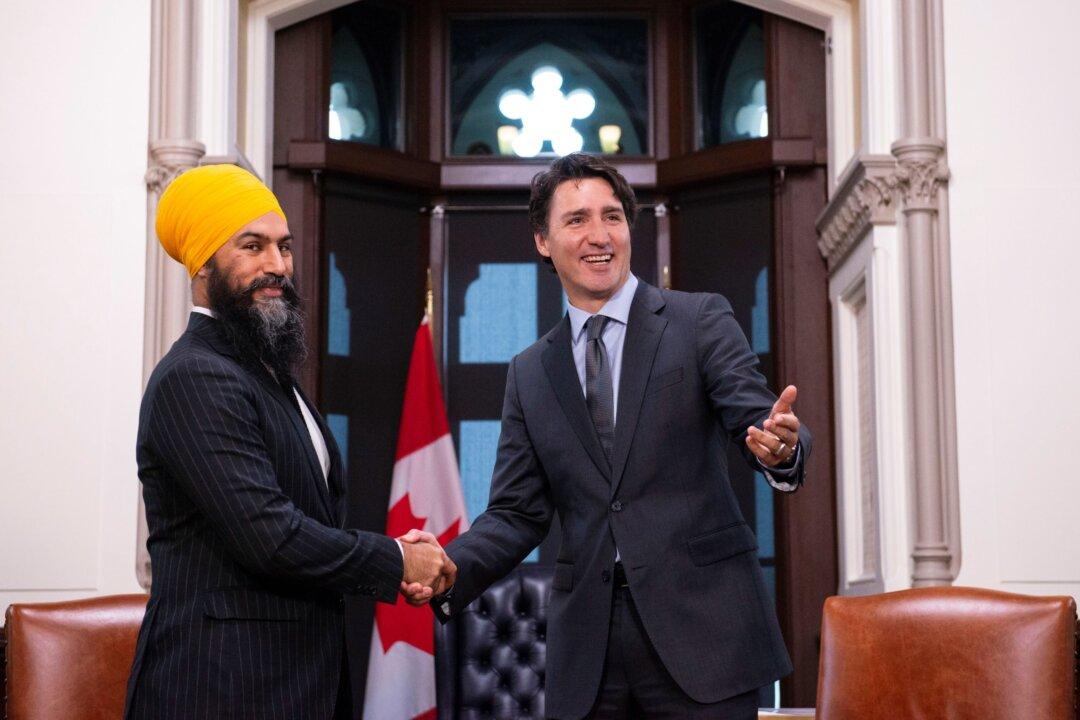Commentary
When I read that “Finance Minister Chrystia Freeland says pharmacare will not jeopardize Canada’s fiscal standing as the federal government intends to abide by the spending rules it pledged in the fall” I did three things at once: laughed hysterically, wept uncontrollably, and reached for our constitutional separation of powers.





